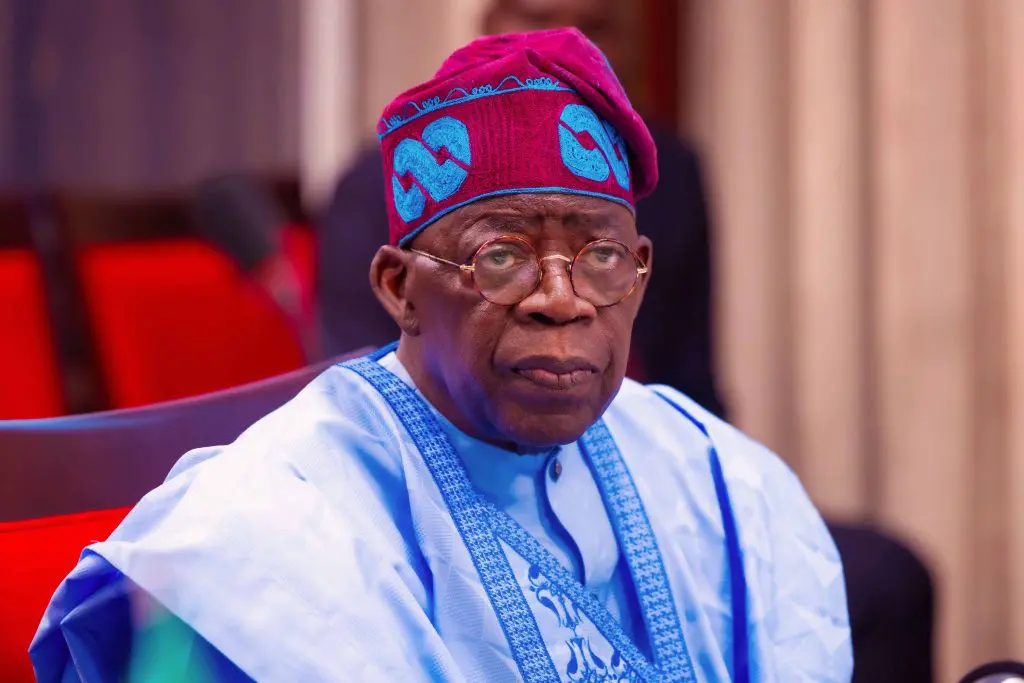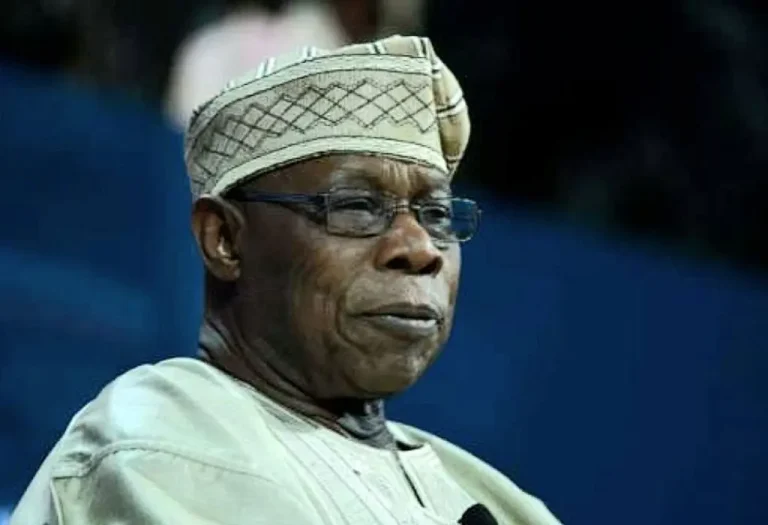
This came as Organised Labour issued a 20-point demand to the Federal Government, urging action on worsening socio-economic conditions in Nigeria, including escalating genocidal killings and bloodletting across the country.
Speaking at the national May Day celebration (Workers’ Day) at Eagle Square, Abuja, the President, represented by the Minister of Labour and Employment, Muhammad Maigari Dingyadi, described the challenges as real, critical, and requiring definite solutions. He assured Nigerians of his determination to address them.
The President emphasized that his administration is committed and intentional in formulating and implementing policies that promote job creation, decent work, poverty alleviation, economic growth, and stability, while also supporting the most vulnerable citizens.
According to him: “The theme demands our collective attention and serves as a stark reminder of the need to create an environment where every worker feels safe, valued, and empowered to contribute to the growth and prosperity of our nation. As your President, I assure you that this administration is committed to creating such an environment for the common good.”
On the economic hardship, he noted that while it is a global phenomenon, its effects on Nigerians are particularly severe.
Tinubu said: “I am aware of the peculiarities of the economic hardship Nigerians face—rising living costs, hunger, insecurity, unemployment, and the loss of livelihoods. These challenges are real and demand definitive solutions, which I am poised to address as your President.
It is in this regard that my administration is not only committed but intentional in implementing policies promoting job creation, poverty alleviation, economic growth, and support for the vulnerable.
However, economic progress alone is not enough. We must reclaim the civic space—a place where ideas are exchanged, voices heard, and change fostered. A vibrant civic space is the cornerstone of democracy.
To reclaim this space, we must prioritize transparency, inclusivity, equity, and dialogue. Workers must have the right to organize, advocate, and participate in decision-making processes. Marginalized voices must be amplified—not silenced.
The government will continue strengthening labour protections, improving job security, and ensuring fair treatment for all workers in line with international best practices. We must also address underemployment, which remains a significant concern.
As workplace dynamics evolve rapidly, we must recognize emerging challenges, such as technological advancement, environmental hazards, shifts in work patterns, and mental health issues.
Nigeria is on the verge of joining the Global Coalition for Social Justice, led by the International Labour Organization, to ensure our labour system aligns with international best practices and that Nigeria’s voice is heard globally.






